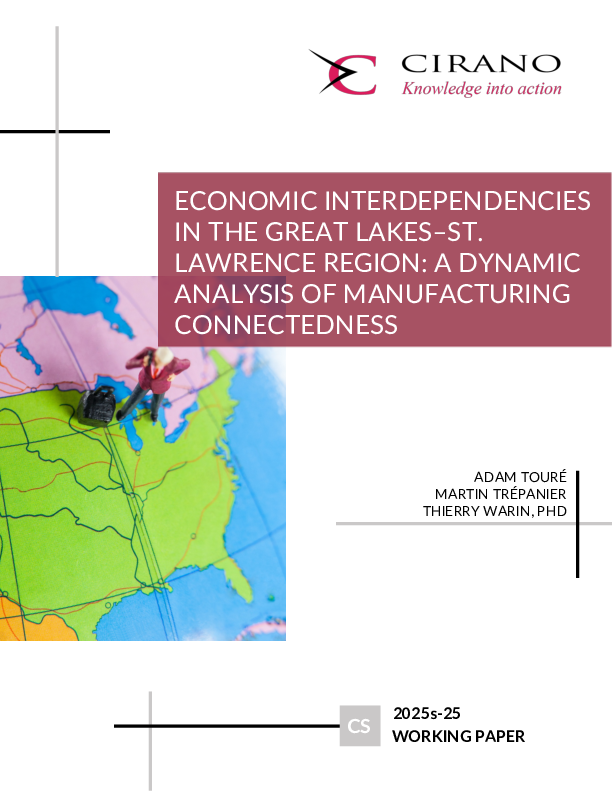Healthcare Quality by Specialists under a Mixed Compensation System: an Empirical Analysis
We analyze the effects of a mixed compensation (MC) scheme for specialists on the quality of their healthcare services. To do so, we exploit a major reform that was implemented in Quebec (Canada) in 1999. The government introduced a payment mechanism combining a fixed per diem with a reduced fee per clinical service. Using panel patient-doctor data covering the period 1996-2016 and including 320,441 patients, we estimate a multi-state multi-spell hazard model with correlated heterogeneity, analogous to a difference-in-differences approach. We compute three output-based quality indicators from our model. Our results suggest that the reform reduced the quality of MC specialist services as measured by the risk of re-hospitalization within 30 days after discharge and the risk of mortality within one year after discharge. These effects vary depending upon the specialty of the treating doctor.




